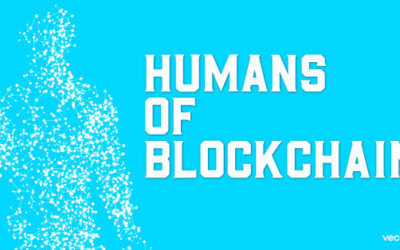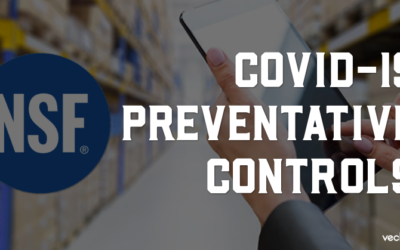March 20, 2020 – Real Items and Coronavirusapi.com are working together to track medical data from the 50 individual US state websites.

Confirmed cases by state
After Coronavirusapi.com pulls their hourly update from the individual state websites, Real Items stores the data in IPFS, a decentralized storage site used by researchers, blockchains, and other peer-to-peer content sites. Once the data has been stored in IPFS, the associated hash is stored on an NFT (Non-fungible token) in the VeChain blockchain to provide an immutable timestamp of the information collected. This prevents the possible distortion of data through improper collection techniques or intentional misrepresentation.

Data being stored in IPFS
Collecting data during a pandemic is crucial, and one that agencies including the CDC have struggled with. On the CDC website, they acknowledge that their “numbers are not representative of all testing being done nationwide” and that in the event of a discrepancy, “data reported by states should be considered the most up to date.” With this in mind, aggregation sites like Coronavirusapi.com are performing a valuable service that is closely monitored by concerned citizens, researchers, medical organizations, and media outlets.
Real Items CEO David Menard believes that using NFTs and distributed storage can create a “Digital Smithsonian” – a type of trustable public record that didn’t rely on a single source to collect and publish their findings. Humans are susceptible to error and bias, making this type of automated collection more valuable to current and future researchers.
VeChain’s Response
After the story was first published on Coindesk, community analytics website VeChainStats was quick to offer their support in tracking the storage process. In addition to providing a third-party verification, VeChainStats will visualize the regular uploads so that the public can observe the creation of NFTs on the VeChain mainnet.
A few hours later, VeChain’s COO Kevin Feng announced on Twitter that they would be supporting this project by sponsoring the blockchain transaction fees. With each upload requiring a gas fee of around .17 cents, this could make the project more sustainable over a lengthy period of time. VeChain’s blockchain has several built in features including Multi-Party Payment (fee deferral), which allows Real Items to assign transaction costs to a third party. This simplifies the
Recapping the Process
- Data is reported on Official State websites
- Coronavirusapi.com uses web crawlers to pull data every hour
- Real Items uploads data to IPFS
- IPFS hashes are minted into NFTs on VeChain’s public blockchain
- NFT minting fees are paid by VeChain
- VeChainStats visualizes the NFT minting process for the public
While this process can sound quite complex, the tools created by Real Items and Coronavirusapi.com allow the workflow to be automated and smooth. This all results in up-to-date and verified data that can bring value to researchers, organizations, and people wishing to be more informed.
For more information, follow Real Items on Twitter, or visit Coronavirusapi.com.





